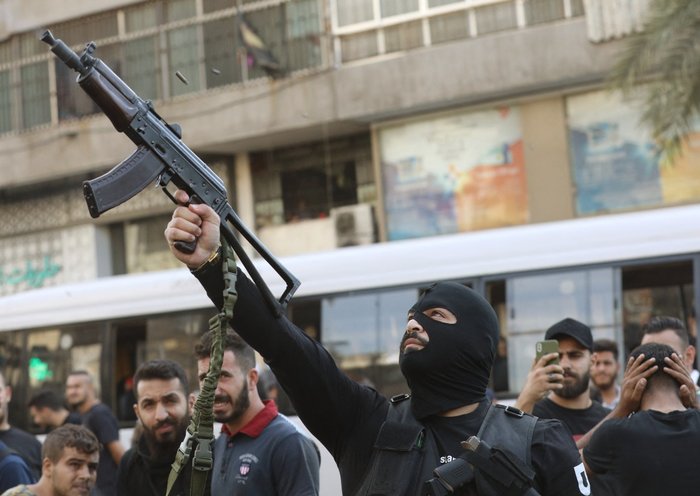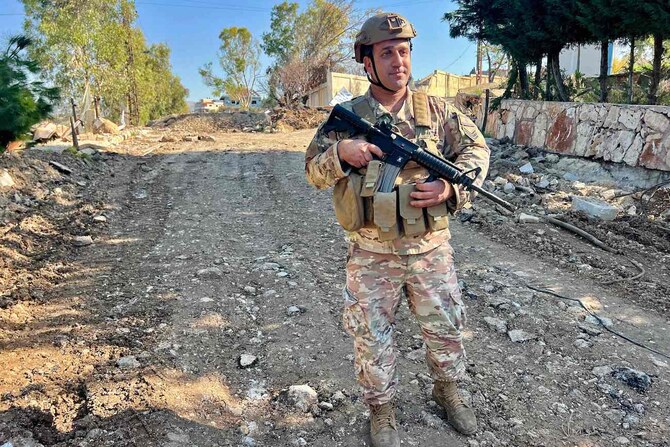The government plan and the deadline
Lebanon’s cabinet approved a plan that aims to place all weapons under the state by the end of 2025. The plan follows heavy pressure from the United States and comes after a deadly war with Israel that left thousands dead and many towns ruined. The government says the goal is to make the state the sole holder of military arms. Leaders set targets and a timeline and said the army would lead the task. This step marks a big shift in Lebanon’s policy on armed groups.
Hezbollah’s reaction and the calm so far

Hezbollah loudly rejected the plan and called it a move that helps Israel. The group said it would act as if the decision does not exist. Still, the group has not launched attacks after the announcement. Many people see the lack of fighting as a sign that Hezbollah cannot act with the same force it showed before.
The group took large losses during the war with Israel, and that may limit its options now. Pro Hezb supporters staged small protests, and in one case road access near Beirut saw a brief blockage, but the capital did not fall into wide unrest.
Iran’s stance and the Lebanese response
Iran voiced support for Hezbollah and said foreign attempts to strip the group of weapons would not work. Tehran’s diplomat said the idea had failed before. Lebanese leaders found that claim offensive. The foreign minister of Lebanon called the remarks an interference in Lebanon’s affairs and said such words harm unity and stability.
Lebanon has also blocked direct flights from Tehran. In addition, the fall of the Syrian regime cut a major land route that used to bring aid and weapons into Lebanon. These limits reduced the flow of support to Hezbollah in recent months.
Political strains inside Lebanon

The decision forced Lebanon’s leaders to weigh foreign pressure and local politics at the same time. Some politicians say centralising weapons with the Lebanese army may cost political unity, but they accept the trade if it can bring safety and more aid. The World Bank set a large reconstruction bill for Lebanon and said the country needs money to rebuild towns hit by the war, especially in the south and around Beirut.
That aid may hinge on how the world sees Lebanon’s steps on arms. Critics of Hezbollah used bolder words in public speeches after the cabinet vote. Those calls could deepen the split between the pro Hezb camp and other parties.
On the ground and recent clashes
Tensions rose when six soldiers died while checking a suspected weapons site in the south. Reports say some sites were booby trapped during the war. South Lebanon remains wary of the central state because many residents feel the state did not protect them from attacks.
Daily strikes and the loss of homes left deep anger. The government must now face the task of rebuilding trust and showing it can protect all citizens. That task will take more than words. It will take steady action.
My take and what may happen next
I see three likely paths. First, leaders could slow the plan and push for made deals that keep the peace and keep arms in trusted hands while the army grows stronger. Second, the state could try to move fast and face protests that stay small but persistent. That path risks local clashes and more political splits.
Third, the most risky road would see full breakdown and a return to wide fighting. I think that last path has low chance now because Hezbollah lost power in the war and outside backers face limits. But the second path looks likely because deep anger and distrust remain on many sides. In short, the plan will test Lebanon’s fragile politics and the state’s ability to show it can keep people safe.
Sources: aljazeera.com

